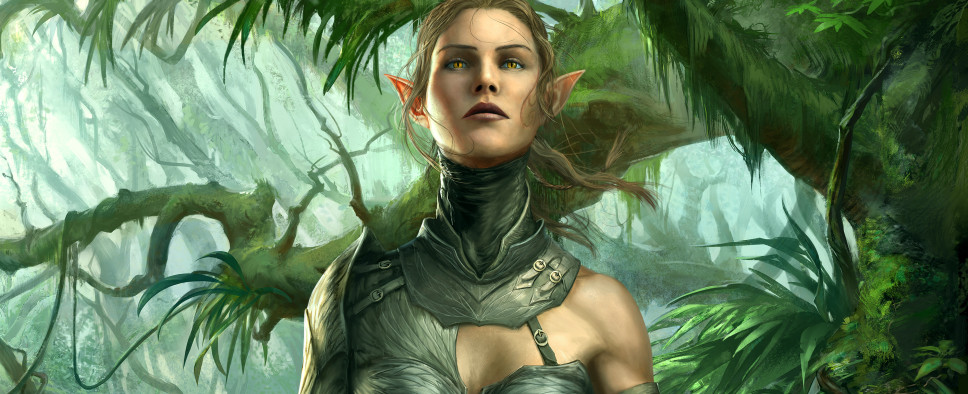Divinity: Original Sin II - Definitive Edition Interview
-
Category: News ArchiveHits: 1628

Larian Studios' Divinity: Original Sin II will be making its console debut in roughly a month, on August 31, 2018. And if you're interested in a very console-centric article that covers the basics of who Larian Studios are, you should check out this interview with Larian's director of publishing Michael Douse over at Metro.co.uk.
The neat thing about this interview, is that apart from the obvious introductory stuff we also get some insights into Larian's day-to-day operations, an overview of the new Definitive Edition features, and even a bit of a discussion on the current state of the RPG market.
Here are a few sample questions:
GC: What seemed obvious when playing the game is that it was trying to play the role of a human Dungeon Master, to try and make almost any eventuality possible. There was so much in the game that was incidental, talking to ghosts and so on, even though it was really involved. You seemed to almost revel in the fact that these significant parts of the game were optional, even hidden.
MD: Yeah, that’s the idea. As you say, it’s pen and paper rules. The idea that you can walk into any situation and interact in any way you want and have a reaction from that. Fundamentally, that’s the whole point. But the interesting thing about all that is traditionally in video games this is what a publisher would call ‘junk content’ – expensive content that nobody sees.
So you’re not going to see 99% of the content. But 100% of people will see 100% of the content, spread out amongst them all. And then they’ll talk to each other, and then they’ll sort of talk about the things they saw but their friend didn’t see. So even though one player won’t see all of the content, all the players together can talk about all of the content in the game. Because somebody, even if it’s not them, has seen all of it.
And that’s what makes a pen and paper experience really interesting. Because you have these rules and this lore and this rich world. And it’s just this idea that maybe there’s a taste of something else there, or maybe I can take another route over here, or this dialogue option can take me in a completely different way. You don’t need to experience all those different ways to know that they’re there, and therefore enjoy them. And I think that’s really part of what makes CRPGs so interesting.
[...]
GC: The first Original Sin hit when there was a general CRPG [computer role-playing game, i.e. games like Baldur’s Gate] renaissance, but would you call that just a coincidence? Was that good luck for you or more or less irrelevant?
MD: It’s really funny, I think about that a lot, because I think the CRPG renaissance is over. You can see that in the sales figures for some recent CRPGs.
GC: Oh, well that didn’t last long.
MD: [laughs] But one of the things that really separates us from CRPGs generally is the fact that we have split-screen co-op. It’s a game that’s designed to be played… I mean our creative director, Swen [Vincke], he designed the game because he wanted a game to play with his girlfriend. And that’s really a true story. If you ever meet him you’ll realise how true that is, the company’s run by the two of them.
And this idea of making something tangible that you can sit down and play with friends, it’s really based on a tabletop philosophy more than it is traditional CRPG roots. It just so happens that they’re quite hand-in-hand in most cases. But there are a lot of things in our games that separates them as well. So I think some of it is coincidence, but we can’t deny that we were also part of that renaissance as well.

